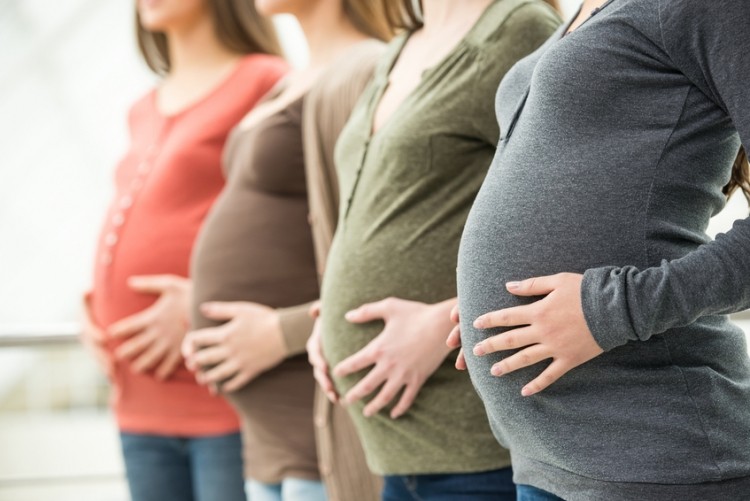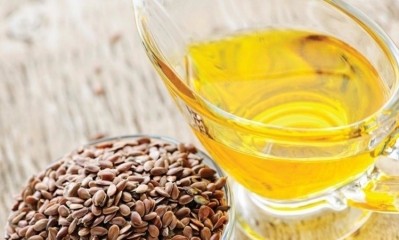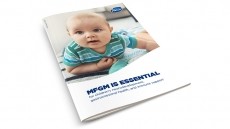'Little association' between iron and pregnancy likelihood, finds study

Published in The Journal of Nutrition, the study found a very small positive association between supplemental iron intake and the probability of a woman conceiving within a time period among US, but not Danish women.
“For the average pregnancy planner, it is probably wise to take a preconception multivitamin, but more for the folic acid than for the iron content," says study senior author Dr Elizabeth Hatch, professor of epidemiology at Boston University School of Public Health (BUSPH).
"If you have extremely heavy menstrual cycles, it might be a good idea to have your iron status checked by your healthcare provider."
Iron has long been recognised as essential in pregnancy and infancy with key roles in oxygen transport, energy production, growth and development.
Prepregnancy body iron stores are crucial as during pregnancy there is an increase in the demands for absorbed iron to expand the woman’s red blood cell mass. An adequate iron supply is also necessary for placenta function and the growing foetus.
One previous study among US nurses found a 40% lower risk of ovulatory infertility with higher intake of nonheme iron and iron supplements.
Study details
Led by a team from BUSPH, the researchers began looking at data drawn from two cohorts of women who were trying to conceive.
One cohort consisted of 2,969 North American women in the BUSPH-based PRESTO study. The other contained 1,693 Danish women in the Snart Foraeldre study.
In both groups, subjects filled in questionnaires every eight weeks for one year or until they conceived.
From this data, the team estimated heme and non-heme iron intake from the questionnaire responses about diet and about dietary supplement use.
Additional data gathered focused on about menstrual cycle dates used to evaluate the number of ‘at-risk’ cycles each woman contributed to the study.
The results eliminated any significant influence of heme iron intake to pregnancy rates in either group of women.
Overall, the researchers found no association between a woman's intake of heme iron and the number of cycles it took for her to conceive.
However, consuming more non-heme iron (both from dietary supplements and from food) was associated with a slightly increased chance of pregnancy in women who had previously given birth.
‘A positive association’
In the PRESTO cohort, stronger positive associations were found for non-heme iron intake and iron supplement use among women with heavy menses or short menstrual cycles.
“Overall, dietary intake of iron was not consistently associated with fecundability, although there was some evidence for a positive association among women with risk factors for iron deficiency,” the study said.
“We also found a small positive association between supplemental iron intake and fecundability among North American, but not Danish, pregnancy planners.”
Source: The Journal of Nutrition
Published online: doi.org/10.1093/jn/nxz094
“Iron Consumption Is Not Consistently Associated with Fecundability among North American and Danish Pregnancy Planners.”
Authors: Kristen A Hahn et al.















